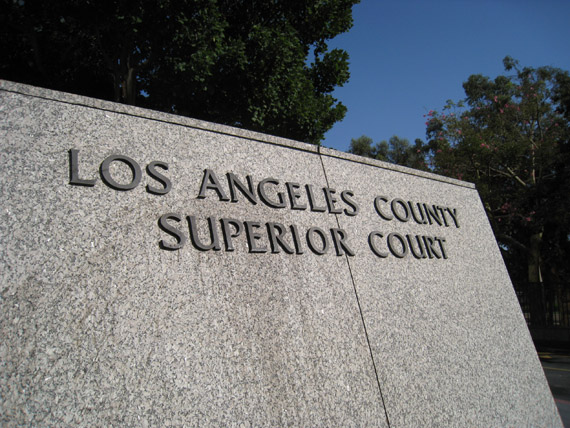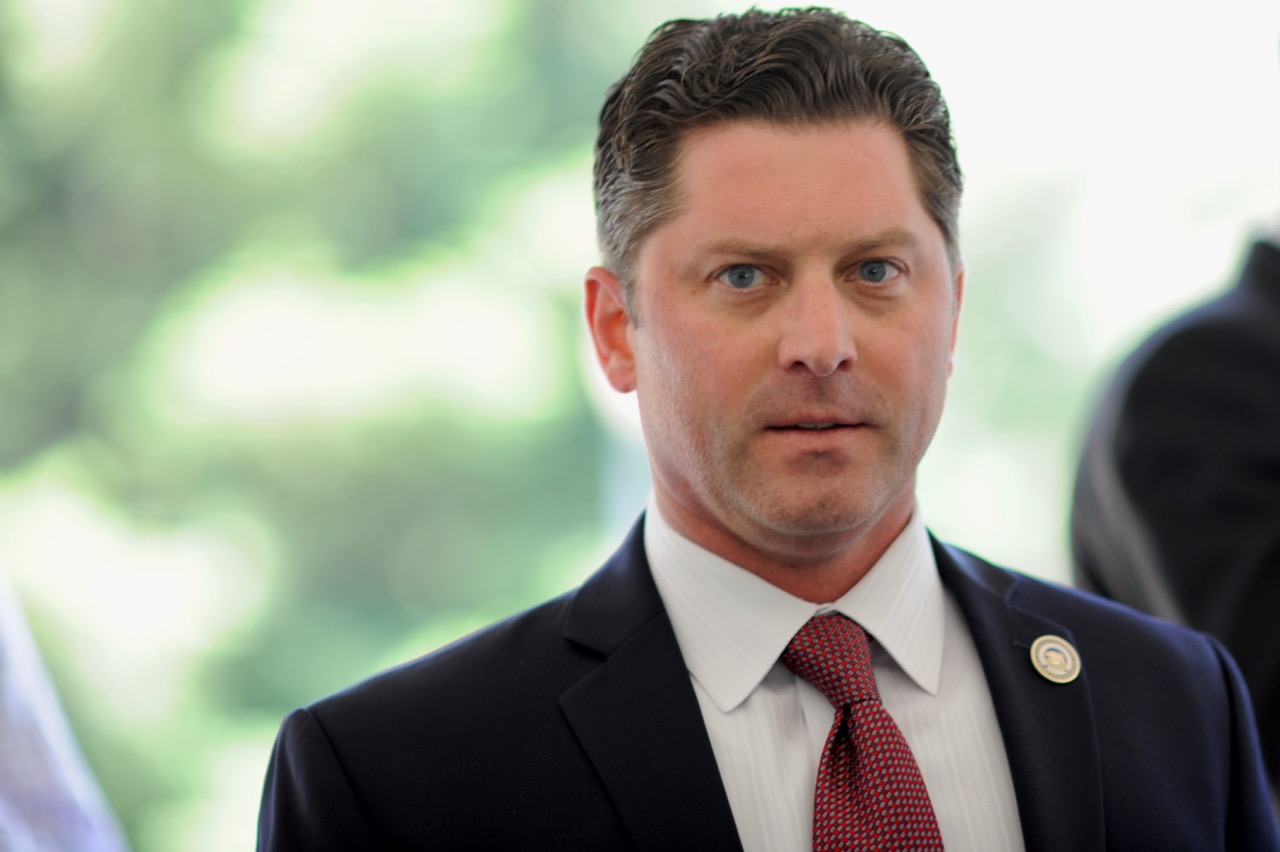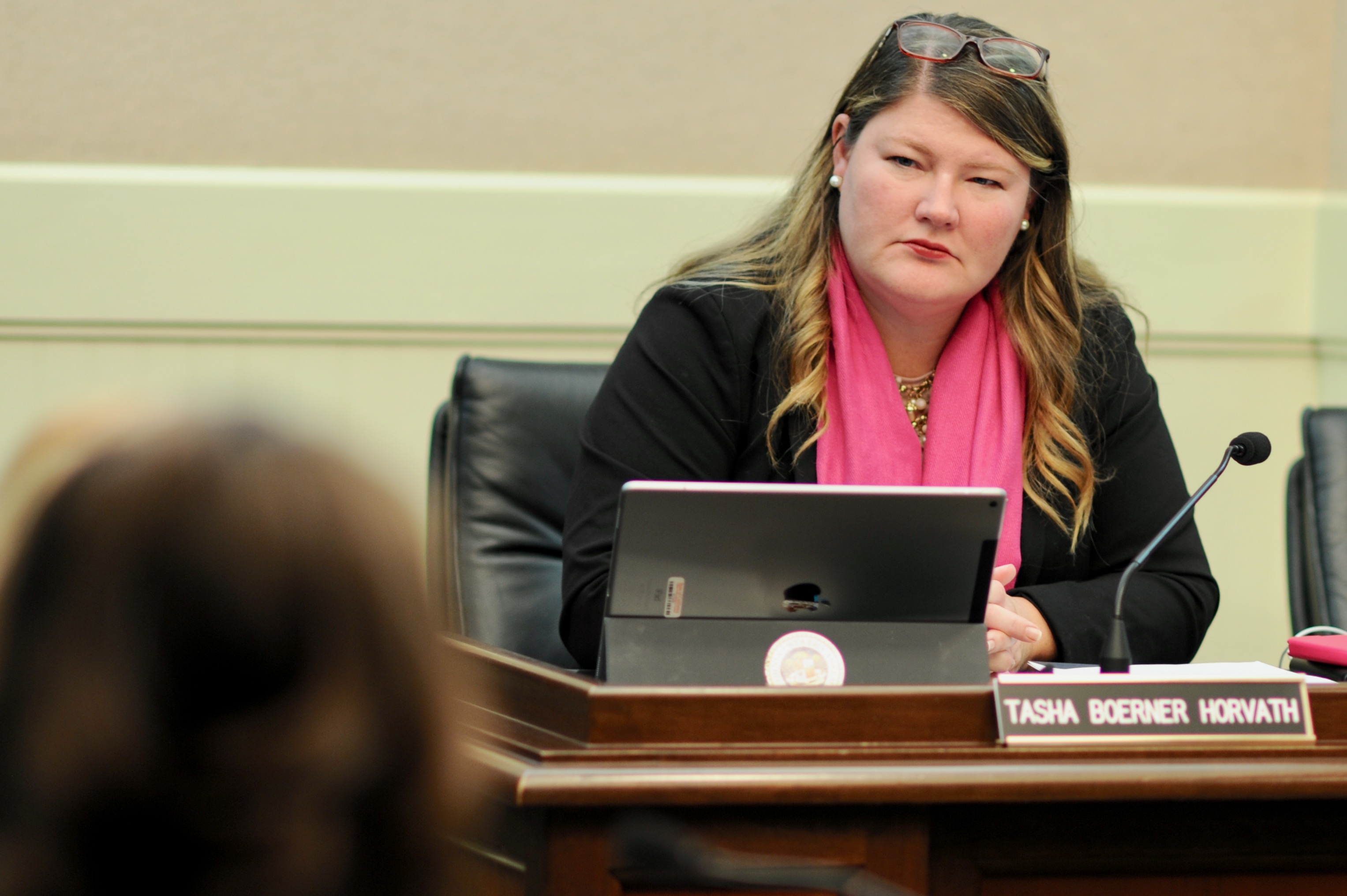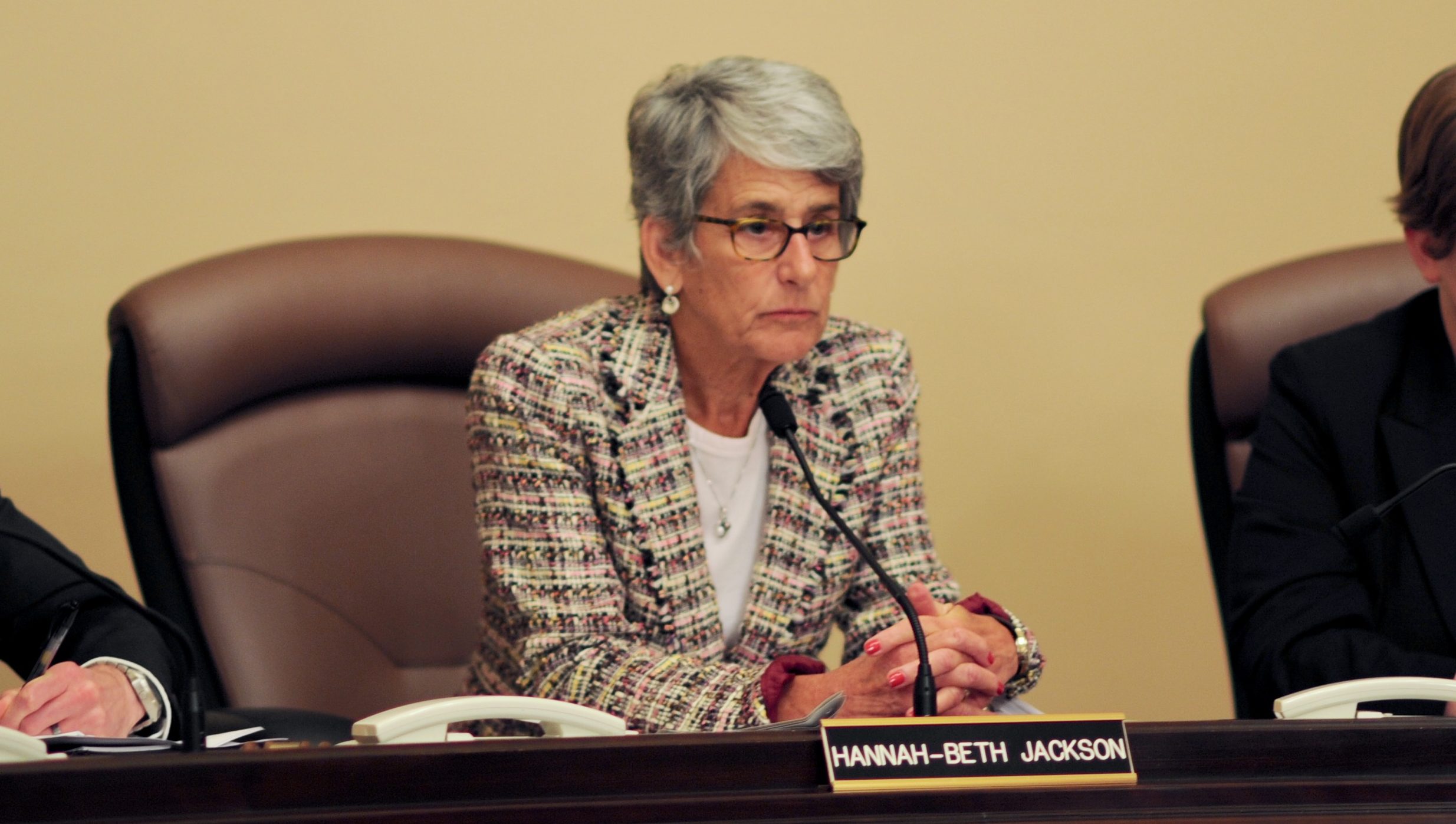
Catholic Church Files Motions to Make ‘Child Sexual Assault’ Law Unconstitutional
If successful, removal of law would greatly reduce statue of limitations, limit definition of child sexual abuse
By Evan Symon, January 30, 2021 2:18 am
This week, the Catholic Church filed motions in the Northern and Southern Superior Courts to remove the AB 218 law.
Assembly Bill 218, authored by Assemblywoman Lorena Gonzalez (D-San Diego) was passed by the legislature and signed into law by Governor Gavin Newsom in 2019. Under AB 218, the crime of ‘child sexual abuse’ was changed to ‘child sexual assault’ and expanded the statute of limitation for the crime from 8 years, or 3 years after the discovery of trauma stemming from the assault, to 22 years, or 5 years from discovery. Damage recovery guarantees were also clarified for certain defendants and increases damages where it was found that previous assaults had been covered-up by the employer.
Assemblywoman Gonzalez wrote the bill to allow more people, specifically those who were abused by clergy members when underage, to come forward with abuse charges, as many younger people had not been ready to come forward with charges until after the age of 26, by which time it became too late under the 8 year statute of limitations.
“The idea that someone who is assaulted as a child can actually run out of time to report that abuse is outrageous,” said the Assemblywoman in 2019. “More and more, we’re hearing about people who were victims years ago but were not ready to come forward to tell their story until now. We shouldn’t be telling victims their time is up when in reality we need them to come forward to protect the community from future abuse.”
However, AB 218 has been contested since passage by the Catholic Church and others over many points. In the motions brought forward this week, which were filed on behalf of the Los Angeles Archbishop, the San Francisco Archbishop, and the Bishops of Fresno, Monterey, Oakland, Orange, Sacramento, San Jose, and Santa Rosa, the Church argued that longer statute of limitations make it harder for the defense to gather evidence due to decades-long time gaps.
The new fight over AB 218
The motion filed in Northern California in Alameda County gives another argument against AB 218, saying that the longer statute of limitations increases the chances “that witnesses will have died, memories faded, and documents may have been lost. This reality absolutely impairs the defendants’ ability to defend themselves.” In the Los Angeles County motion, they note that the bill targets them directly, adding that “the Legislature had no evidence of widespread abuse after 2003 and no evidence of cover-up.” All filed motions also say that the Catholic bishops have “great remorse for crimes committed against victims” and have since made reforms.
However, Los Angeles lawyer John Manly, who has represented abuse victims since 1997, says that removing the motions would be dangerous.
“The motions are morally reprehensible and hypocritical,” explained Manly. “The church was well aware that they had a massive molestation problem by priests. They systematically violated reporting laws, lied to the families, lied to the media, lied to the faithful. Now what they are saying is, ‘Don’t allow our victims to hold us accountable.’
“They committed emotional murder. There’s no statute of limitations on murder or on kidnapping. There shouldn’t be a statue of limitations for child molestation.”
In a Globe interview, Pat Brand, a paralegal who has assisted lawyers in abuse cases in California and other states, also said that AB 218 should stand.
“A lot of these victims, they don’t come to terms with what happened, or will even speak about it, for years. Even after the 2002 Boston investigation opened up the floodgates. Victims feel shame, guilt, denial, everything. It’s not an easy thing to get past, and it’s not an easy thing to testify in court about in your 20’s or 30’s, especially if you have a family. But the California law gives people that chance, more people that chance, when they’re ready.”
The motions in the Superiors courts are expected to be decided on in the coming months.
- Bill to Require Law Enforcement Disclosure if AI Was Used To Help Write Reports - August 7, 2025
- Gov. Newsom Files FOIA Request To ‘Expose True Cost’ Of L.A. Federal Troop Deployment for Anti-ICE Riots - August 6, 2025
- California Redistricting: How Newsom’s Plan Will Demolish Hard Fought GOP Gains - August 6, 2025




